This past weekend, I was supposed to travel to Lithuania on one of my few trips outside of Russia. Domestic travel within Russia takes precedence over international travel; visits to Russian towns and cities are essential to my cultural experience and language development. After having briefly visited Latvia and Estonia, I planned on spending the weekend in Lithuania as my last “international hoorah” before the semester’s end. That is, until I made a mistake and missed my flight to Vilnius, Lithuania.
I am the type of person that believes that everything happens for a reason. Classes end tomorrow; therefore, this most recent weekend was my last opportunity to travel before the semester concludes. Up until that point, I had not accompanied my host mother and her family to their dacha. Although I was invited to go to the country home every weekend, I had not yet had the opportunity to go as I traveled every weekend to a new Russian town or city. I felt terrible about it – I felt that I was missing out on a great opportunity. However, I had purchased my plane tickets to Lithuania months ago and, thus, had to go to the airport. My mishap with the flight to Lithuania, however, finally gave me the opportunity to go to the dacha. And I am glad that it worked out the way it did.
Spending the weekend at the dacha with my host mother and her family was one of my best experiences to date. I met so many great people, ate traditional Russian food prepared at the dacha (including delicious shashlik), and shared a few drinks (perhaps too many) with my new Russian friends. Everyone was genuinely interesting in my study abroad experience and life back in the United States. Of course, some joked that I was an American spy, to which we toasted and shared a good laugh. After a long night of socializing, which lasted until the wee hours of the morning, everyone – and I really do mean every person – slept in until 1pm or 2pm the next day. When everyone finally woke up, we shared a big breakfast before engaging in our own forms of rest. I decided to devote the rest of the day to reading in the garden while enjoying the warm weather and the sounds of birds chirping in the distance. Later that evening, we took the nearly one hour drive back to Moscow.
I can visit Lithuania in the future. However, a weekend at the dacha with my host family was an experience that I just couldn’t miss. I am happy to say that I finally made it there.

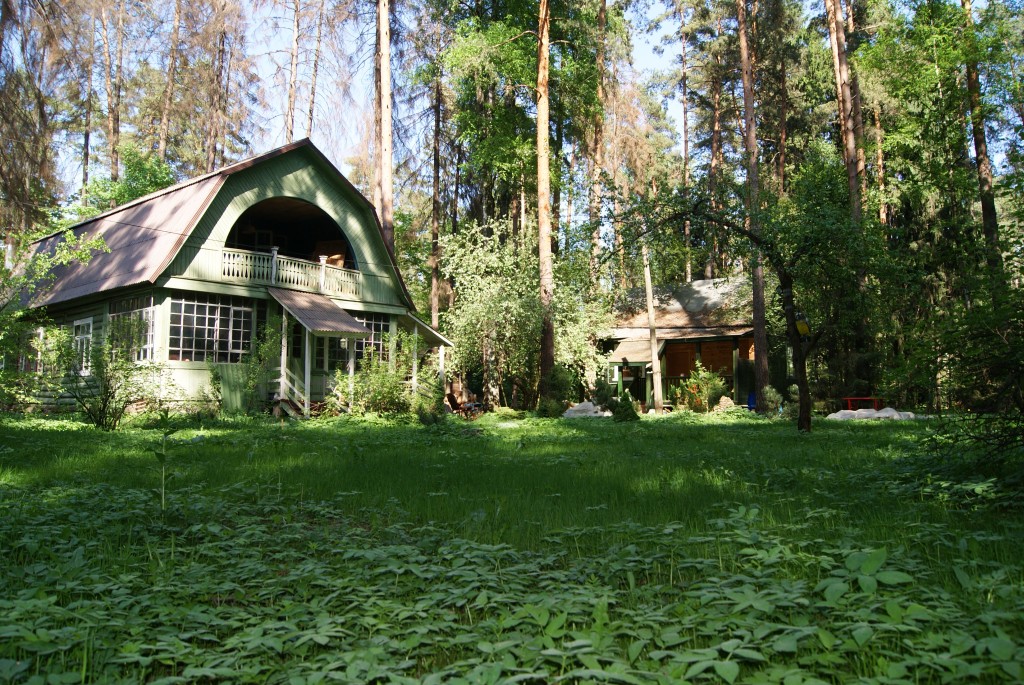
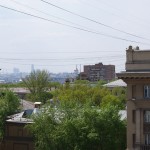
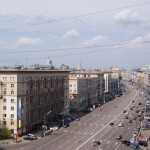
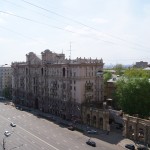







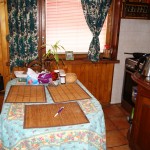
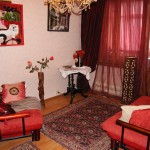
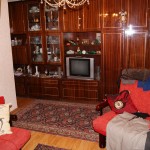
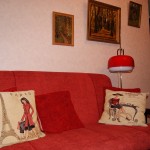
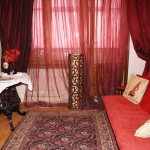




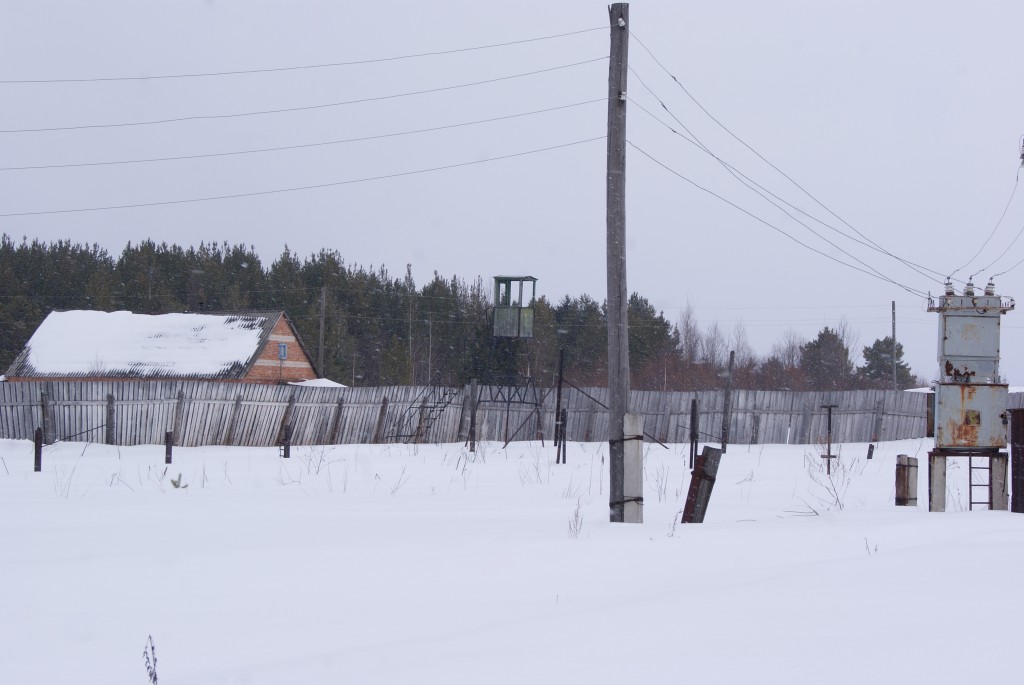
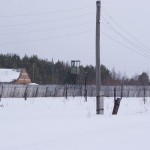
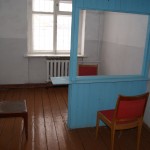
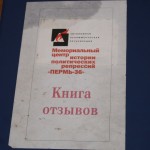
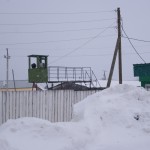
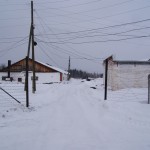
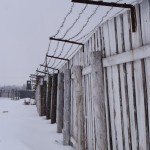
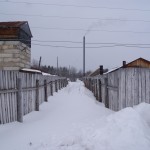
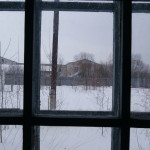
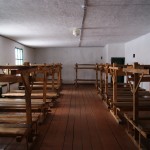
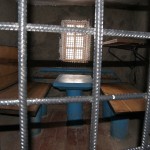
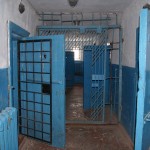
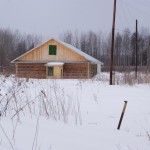
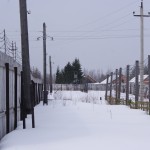
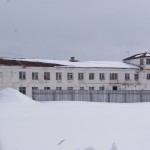


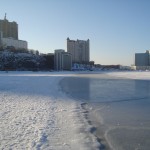

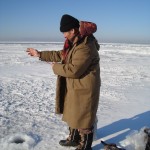
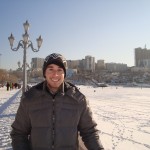
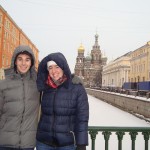
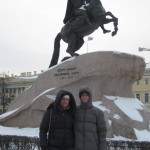
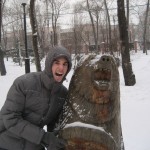
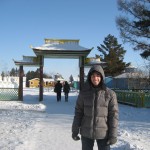
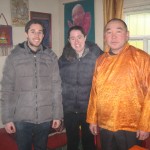
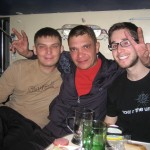
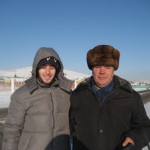
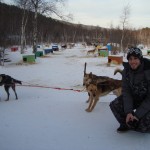
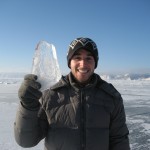

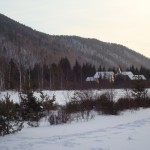
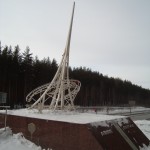

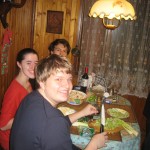
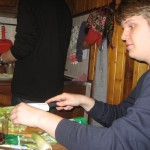



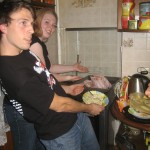
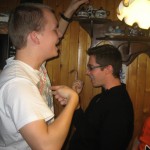
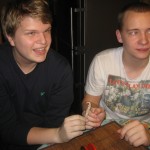

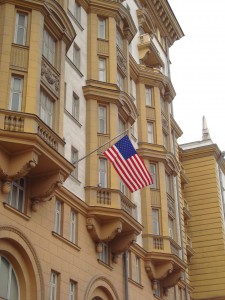
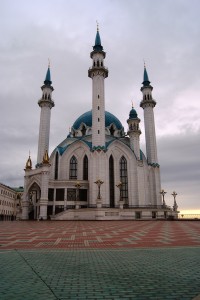
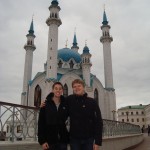
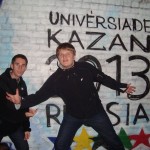
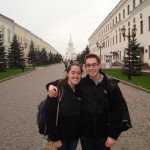
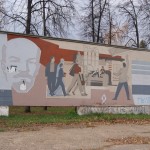
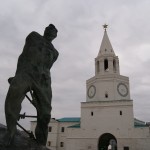
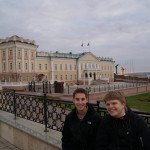
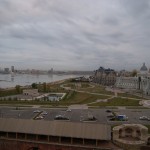
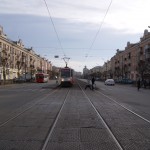
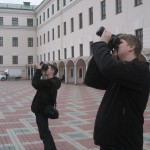
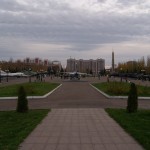
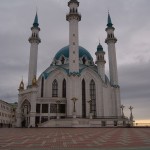
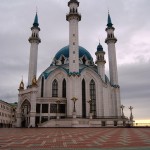
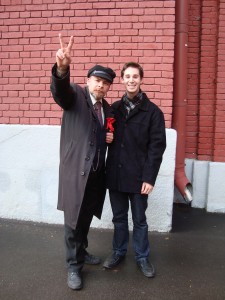
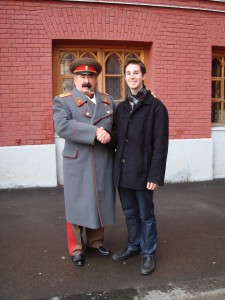
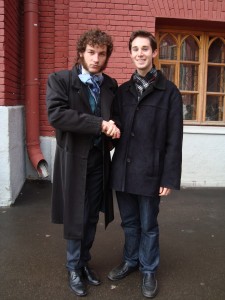
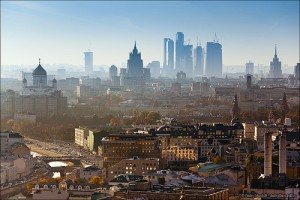 One of the questions that I am always asked is if I prefer living with a host mother to living in the university’s dormitory. I had the privilege of experiencing both: I lived in the dormitory during the six-week summer study abroad program, and I currently live in an apartment located just a few metro stops away from the university. Both options have pros and cons, and the pros and cons will certainly differ from one individual to another. In the end, it all depends on what you want out of your study abroad experience. When you have your study abroad goals set in mind, you will choose the option that best suits your needs. Here are my thoughts on the topic:
One of the questions that I am always asked is if I prefer living with a host mother to living in the university’s dormitory. I had the privilege of experiencing both: I lived in the dormitory during the six-week summer study abroad program, and I currently live in an apartment located just a few metro stops away from the university. Both options have pros and cons, and the pros and cons will certainly differ from one individual to another. In the end, it all depends on what you want out of your study abroad experience. When you have your study abroad goals set in mind, you will choose the option that best suits your needs. Here are my thoughts on the topic:
